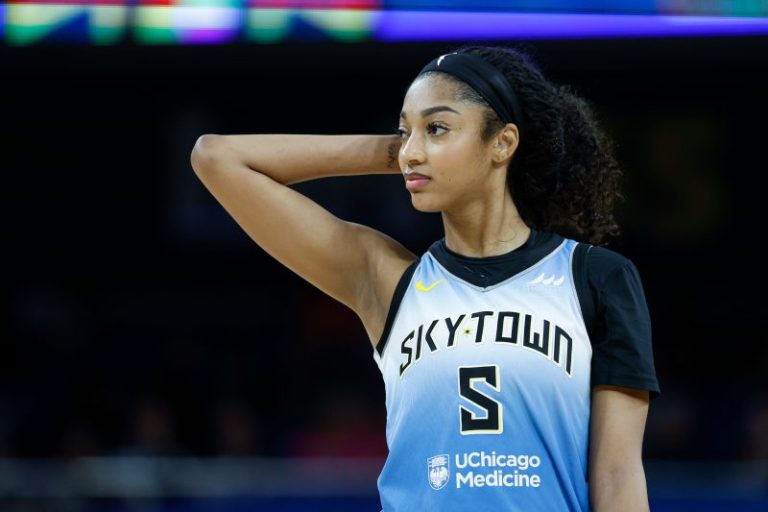Chicago Sky forward Angel Reese will not play in Unrivaled in 2026. Reese, who was named the Defensive Player of the Year after the 3-on-3 basketball league’s inaugural season, helped the Rose BC to the first championship.
Unrivaled filled out its player roll for the 2026 season on Thursday, Oct. 30, by announcing the final three players who will make up its eight teams. The league will open its second season in Miami in January.
Dominique Malonga, the No. 2 overall pick of the Seattle Storm in the 2025 WNBA draft, is joining Unrivaled for the 2026 season. The 6-foot-6 French center was the youngest player in the WNBA last season, at 19. Malonga averaged 7.7 points and 4.6 rebounds a game and was selected for the WNBA All-Rookie Team.
Aari McDonald, who was signed by the Indiana Fever on hardship contract last season, will play in Unrivaled for the first time this season. She was one of five Fever players to have her season cut short by injury. McDonald fractured her foot in August.
Rebecca Allen, a member of the Australian national team who played for the Sky in 2025, will also join Unrivaled.
DiJonai Carrington, who had previously committed to playing this season, had to relinquish her spot because of a ‘significant’ left midfoot sprain suffered while playing in the postseason with the Minnesota Lynx.
2026 Unrivaled players
Rebecca Allen, Chicago Sky
Shakira Austin, F, Washington Mystics
Rachel Banham, G, Chicago Sky
Monique Billings, F, Golden State
Aliyah Boston, F, Indiana Fever
Cameron Brink, F, Los Angeles Sparks
Paige Bueckers, G, Dallas Wings
Rae Burrell, G, Los Angeles Sparks
Veronica Burton, G, Golden State Valkyries
Jordin Canada, G, Atlanta Dream
Sonia Citron, G, Washington Mystics
Natasha Cloud, G, New York Liberty
Napheesa Collier, F, Minnesota Lynx
Kahleah Copper, F, Phoenix Mercury
Skylar Diggins, G, Seattle Storm
Aaliyah Edwards, F, Connecticut Sun
Dana Evans, G, Las Vegas Aces
Allisha Gray, G, Atlanta Dream
Chelsea Gray, G, Las Vegas Aces
Brittney Griner, C, Atlanta Dream
Dearica Hamby, F, Los Angeles Sparks
Natisha Hiedeman, G, Minnesota Lynx
Naz Hillmon, F, Atlanta Dream
Rhyne Howard, G, Atlanta Dream
Lexie Hull, G, Indiana Fever
Kiki Iriafen, F, Washington Mystics
Rickea Jackson, F, Los Angeles Sparks
Ezi Magbegor, F, Seattle Storm
Kate Martin, G, Golden State Valkyries
Marina Mabrey, G, Connecticut Sun
Dominique Malonga, Seattle Storm
Aari McDonald, Indiana Fever
Kelsey Mitchell, G, Indiana Fever
Arike Ogunbowale, G, Dallas Wings
Kelsey Plum, F, Los Angeles Sparks
Saniya Rivers, G, Connecticut Sun
Satou Sabally, F, Phoenix Mercury
Maddy Siegrist, G, Dallas Wings
Alanna Smith, F, Minnesota Lynx
Azurá Stevens, F, Los Angeles Sparks
Breanna Stewart, F, New York Liberty
Sug Sutton, G, Washington Mystics
Brittney Sykes, G, Seattle Storm
Alyssa Thomas, G, Phoenix Mercury
Erica Wheeler, G, Seattle Storm
Courtney Williams, G, Minnesota Lynx
Jackie Young, G, Las Vegas Aces
Li Yueru, C, Dallas Wings

